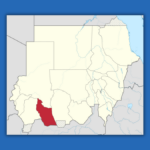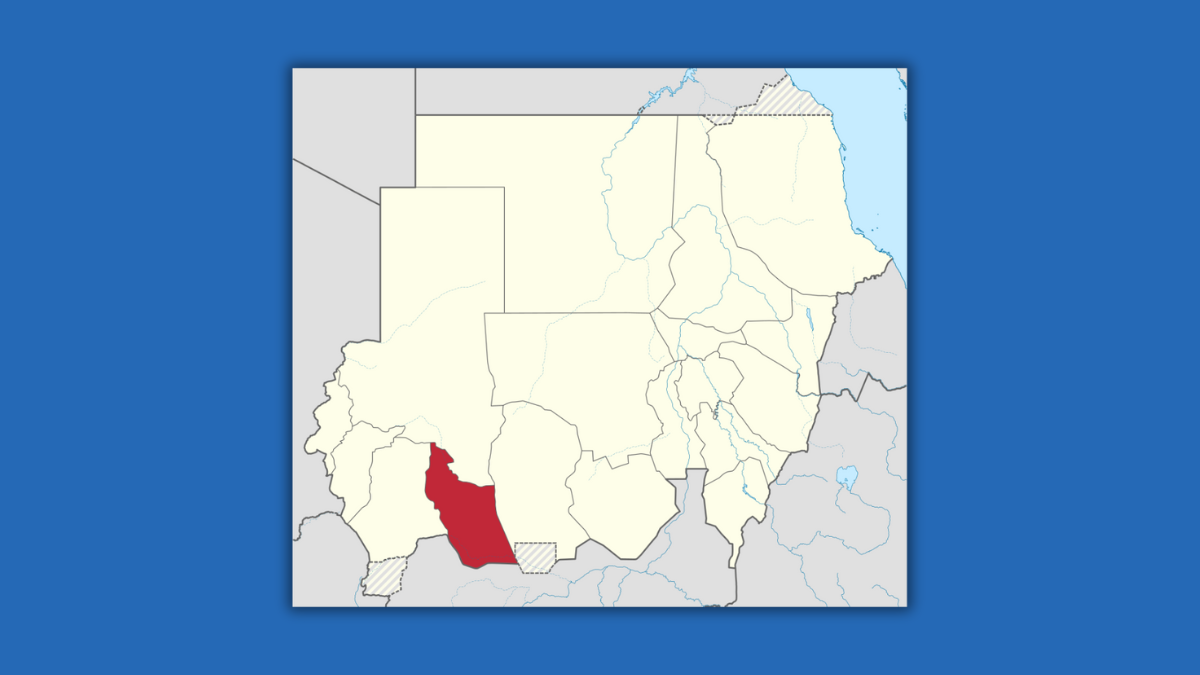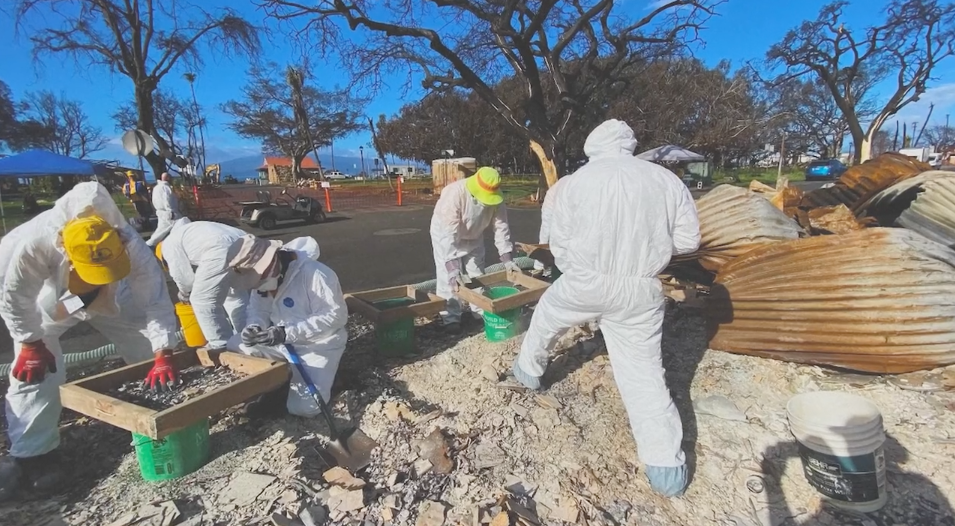FOLLOWED
Mark 8:31–9:1
As Jesus informed His disciples about His approaching death, He taught the disciples the implications His crucifixion and resurrection would have for His first-century followers as well as His 21st-century followers. Jesus taught His disciples that as His destiny involved a cross, so following Jesus requires a cross for all believers.
Get Behind (8:31–33)
Mark 8:31–38 is the first of three predictions by Jesus of His approaching death.
The other two passion predictions by Jesus are located in Mark 9:30–32 and Mark 10:32–34. Immediately after each of these, He taught the disciples about the nature, commitment and cost of discipleship.
In His first passion prediction, Jesus focuses on the basics.
Jesus will suffer, be rejected by the Jewish leaders, be killed and rise after three days. Mark notes that Jesus taught openly about His rejection, death and resurrection.
The location of this encounter is significant. Caesarea Philippi was the idol worship center in Palestine. At this location was an idol to the Greek god Pan.
Herod the Great built a temple dedicated to the Roman emperor Augustus at this location.
Peter, the spokesman for all the disciples, begins to protest and even rebuke Jesus. In response, Jesus rebukes Peter. Thus, Jesus and Peter rebuke each other.
We can sympathize with Peter. He had left his family and family business to follow Jesus. Jesus notes that any attempt to persuade Jesus not to die was satanic in origin.
This incident in Jesus’ life is the approximate midpoint of His ministry. Jesus asks one question on the midterm exam: “Who do people say that I am?” Peter correctly answers, “You are the Messiah.”
Perhaps Peter’s heart sank when Jesus commanded the disciples to tell no one. Likely, Jesus’ rationale for His command is because the disciples and the ones they hoped to tell of Jesus’ identity did not understand the concept of a suffering Messiah.
Follow Me (8:34–38)
Jesus set forth the nature of discipleship to the crowd and His disciples. Jesus does not have higher expectations for the disciples than for the crowd. He defines three requirements for following Him: Deny self, take up a cross and follow Jesus.
Denying self means submitting every goal, plan or aspiration to Jesus because you are a servant of Christ. Following Jesus requires a radical reorientation of life. Death by crucifixion was a shameful death used for slaves. Jesus does not ask anything of a follower that He did not do.
Following Jesus means not being ashamed of Jesus in an ungodly culture. When Jesus returns, Jesus will be ashamed of anyone ashamed of Him and His teachings.
See His Power (9:1)
Jesus promises that some of those who heard Jesus’ teaching about denial, taking up the cross and following Him might die but that some will not taste death until the Kingdom has come in power.
What does the descriptive phraseology mean about the Kingdom coming in power?
The next event described by Mark is the transfiguration of Jesus in which His appearance becomes dazzling white and Elijah and Moses appear. The reference to the lawgiver Moses and the prophet Elijah possibly communicates that Jesus fulfills the law and the prophets.
By Mark Rathel
Professor at the Baptist College of Florida in Graceville, Florida








